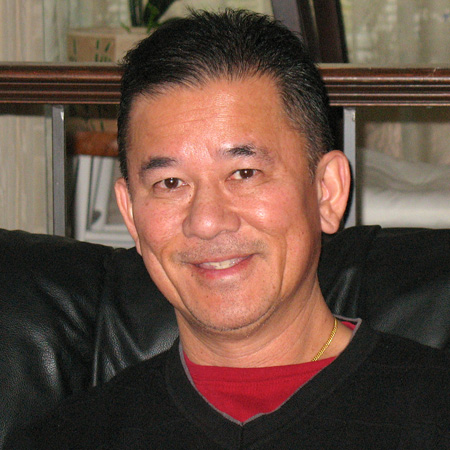One friend told me, after having been stopped by police more times than he could count, "If I get stopped one more time and harassed, I think I'm gonna lose it."
Of course, as a law abiding citizen, he chooses just to suffer all these indignities in silence, but I felt vicarious outrage for him. I've certainly heard many African-American friends and clients in my psychotherapy practice recount stories of being stopped by the police because they just happen to "fit the description" of a crime suspect, or worst yet, they are not given a reason.
Adding insult to insult, many are quick to blame the victim for normal behavior before a stop: "He was walking suspiciously slow through our neighborhood." Or for a questionable choice after: "He shouldn't have resisted." Recent events involving African-American men and the police send a message that it is better not to protest, even if you have done nothing wrong. But, psychologically, what are the consequences of remaining silent in the face of unjust treatment?
It feels like death by a thousand cuts to be confronted with frequent senseless micro-injuries like this, to never feel safe. Worst yet, like in Baltimore, you can literally get killed. Is not having choice and suffering in silence the definition of oppression and depression?
I was taught that situations that demand outrage that is not expressed turns outrage into in-rage and withers the soul. As a Chinese-American, I frequently feel psychologically homeless: not white, not Chinese enough. Incessantly trapped by false choices leads to false selves. Just ask any person who has had to live with being the "other." Living in false selves ultimately results in a "no self."
